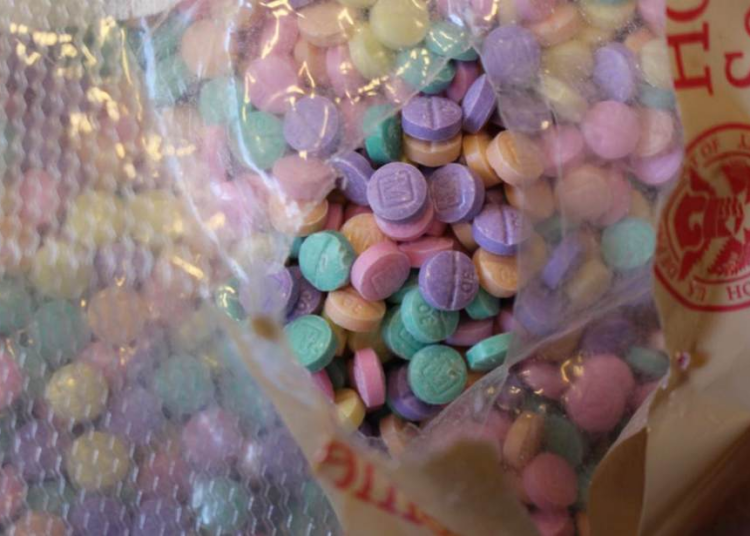Old and busted: Euthanasia. New Canadian hotness: Youthanasia. Canada appears to lead the world in finding new ways to kill off pateints through its health-care system, but this may be its most cynical ‘innovation’ yet.
A few days ago, the National Post reported that British Columbia’s provincial government had quietly approved a plan to supply minors with fentanyl without parental consent. Supposedly, the provision of “safe” fentanyl tablets would allow children to get addicted in a slightly less-lethal manner, or something:
In what constitutes a clear trampling of parental rights, British Columbia recently authorized the provision of “safer supply” fentanyl to youth across the province, regardless if parents are informed of, or agree to, this measure.
The provincial government has provided limited access to safer supply fentanyl since at least 2020, primarily through small-scale pilot projects. However, last August the British Columbia Centre on Substance Use (BCCSU), an influential research organization, published protocols permitting doctors and nurses to prescribe “safe” fentanyl tablets to adults and minors. The organization confirmed to me in an email that it had been contracted by the province to produce these documents “to further support clinicians prescribing safer supply across the province.”
While the B.C. government generally promotes its commitment to safer supply, it was oddly silent in this instance. I became aware of the new protocols only because two concerned addiction physicians contacted me shortly after their publication.
Why in the world would anyone want to hand out fentanyl at all? It has a specific medical use, but only under strict supervision by medical personnel. It’s one thing to hand out needles to junkies as a way to prevent the spread of disease, and even that practice has its drawbacks. It’s entirely another proposition to distribute the actual addictive narcotics to recreational users and addicts, a practice that almost guarantees further addiction, health emergencies, and excess deaths. That’s especially true with fentanyl, which is much more powerful than other street narcotics, especially in pure form.
Even if one thinks that acting as a fentanyl pusher for adults is a legitimate public health policy, though, who would even consider handing it out to minors — with or without parental notification?
This sounds so absurd that it beggars belief. Is this just a misunderstanding by National Post’s Adam Zivo? The Free Press decided to have Rupa Subramanya take a look into the story, who found it to be real. And so are the consequences of its policies:
With a population of roughly five million—a little less than one-eighth of Canada’s population—British Columbia has accounted for about a third of all 32,000 drug-related deaths in Canada since 2016.
Julian Somers, a clinical psychologist at Simon Fraser University, just outside Vancouver, told me that the new British Columbia fentanyl policy—distributing a highly addictive drug at pharmacies and clinics—has never been tried anywhere else.
“Rather than taking steps to actively reduce risks, which we’re clearly not doing—it’s not even discussed—our current policies have the appearance of actively contributing to increased risk,” Somers said.
It’s never been tried anywhere else because it’s bat-s*** insane. These policies don’t have the appearance of adding to risk — that’s exactly what they do. Distributing fentanyl to addicts for recreational use will kill people, and probably are already doing so. Handing those pills out to children without even involving their parents will kill children, and likely will endanger other children when they inevitably start selling or passing around their stash.
Decriminalization in the US has turned out to be a bad idea in practice, but at least we haven’t transformed our governments into street-corner pushers, especially with minors. Yet, anyway.

